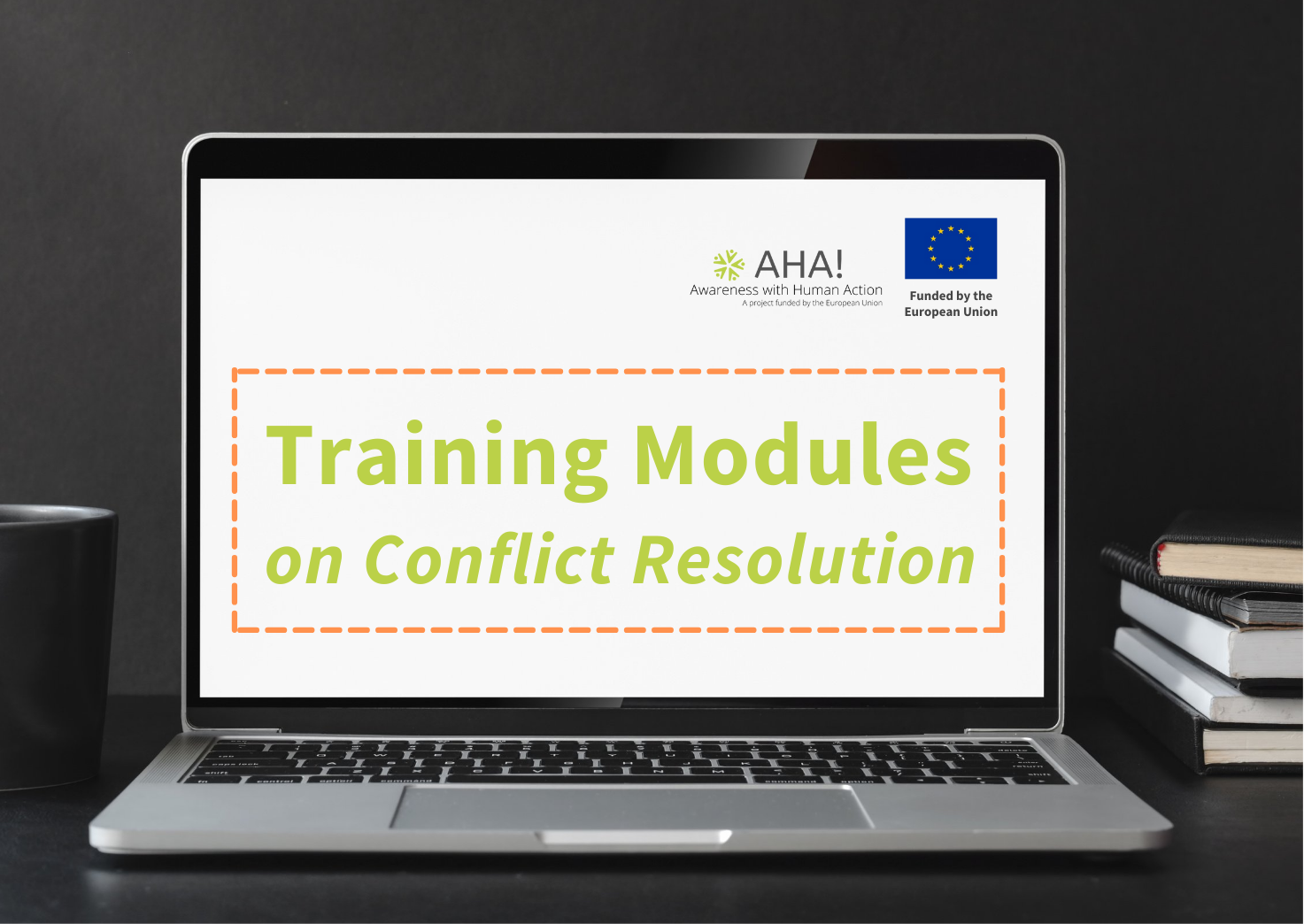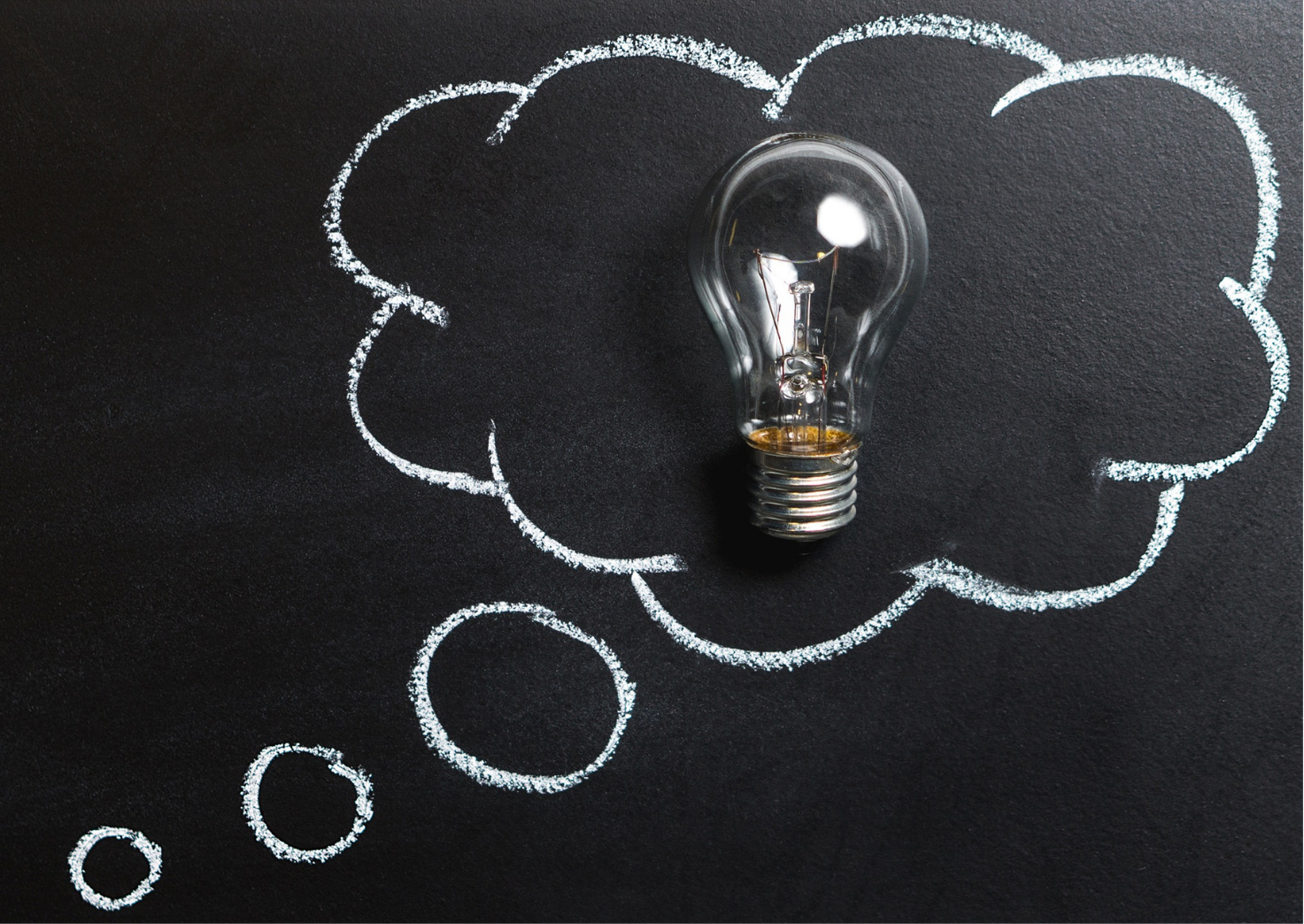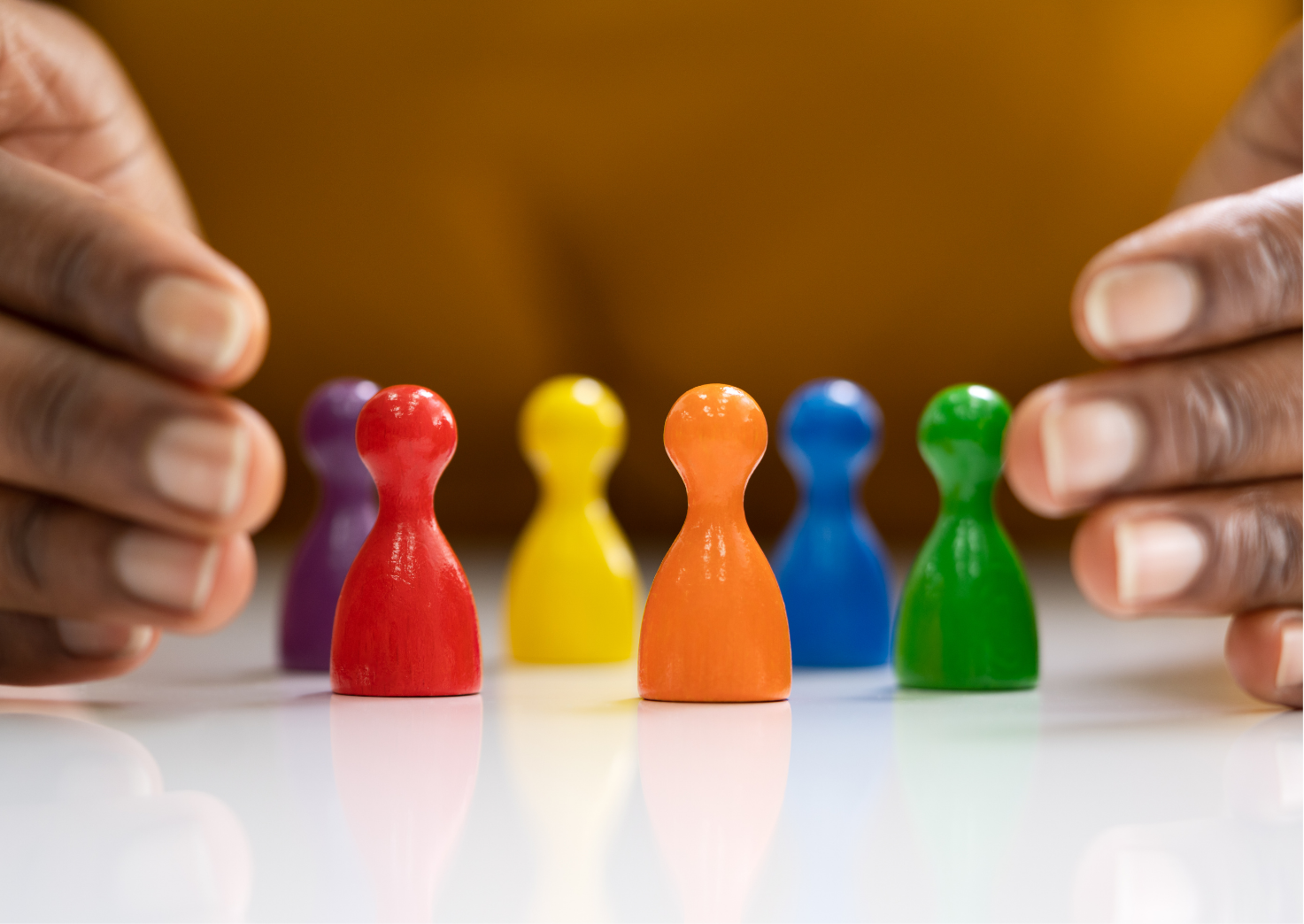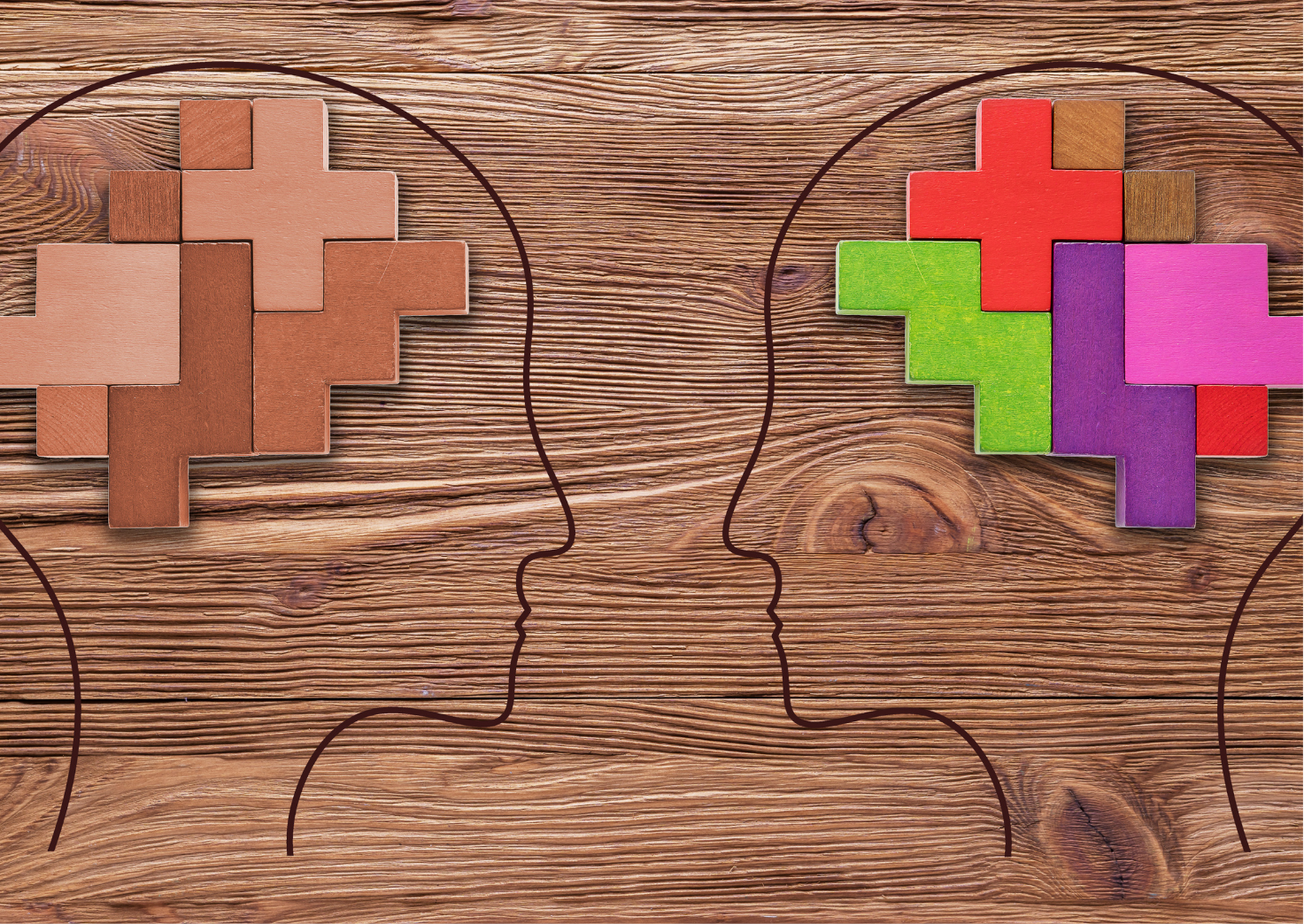
As part of the capacity-building efforts, The EU-funded AHA! project has developed 4 training modules for a deeper understanding of intersectional inclusion in peacebuilding advocacy work. The presentations will provide new learning skills to approach conflict resolution and to encourage deciphering conflict through a holistic lens. Click on each of the modules below to learn more!
Module 1
Conflict Analysis
In Module 1, participants will learn to approach the concept of conflict in the context of a global pandemic and to analyze the current conflicts related to violent extremism, discrimination, and hate speech by dissecting their root causes and impacts. This module will seek to foster a safe space for discussions on sensitive issues around conflict, violence, and peace.
Learning outcomes: Participants will gain a better understanding of the difference between conflict and violence by using different conflict analysis tools to determine interlinkages between discrimination, violence, and hate speech during the current global pandemic.

Module 2
Role of Dialogue
In Module 2, participants will have the opportunity to unpack the role of identities and religious actors in mitigating conflict and promoting peace. There will be an exploration of intersectional analysis of power dynamics at the grassroots levels and participants will practice dialogue as an inter- / intra-religious and peacebuilding tool to address hate speech, discrimination, and violent extremism escalated due to the pandemic.
Learning outcomes: Participants will be more conscious of the role that religious actors play in promoting peace, and develop design thinking skills to implement dialogue methods that support inter- / intra-religious and inter- / intra-faith understanding.

Module 3
Gender, Resilience, and Inclusive Leadership
In Module 3, participants will learn to build awareness around gender and its impact on peacebuilding and to gain an understanding of the importance of meaningful participation of women and girls in peacebuilding.
Learning outcomes: Participants will become more gender-sensitive in their peacebuilding approach, particularly in the context of the pandemic, and will have acquired skills and attitude to further promote inclusive leadership spaces and roles of women for women and girls in peacebuilding.

Module 4
Intergenerational Power Dynamics
In Module 4, participants will explore the power dynamics embedded in intergenerational conflict by unpacking stereotypes to better understand the role and potential of youth in peacebuilding.
Learning outcomes: Participants will gain better insight into the different forms of power (to, with, within, over), and have a better understanding of how partnerships with youth can benefit the peacebuilding efforts in times of COVID-19.

